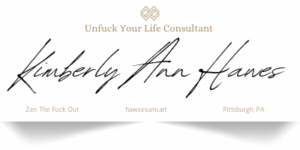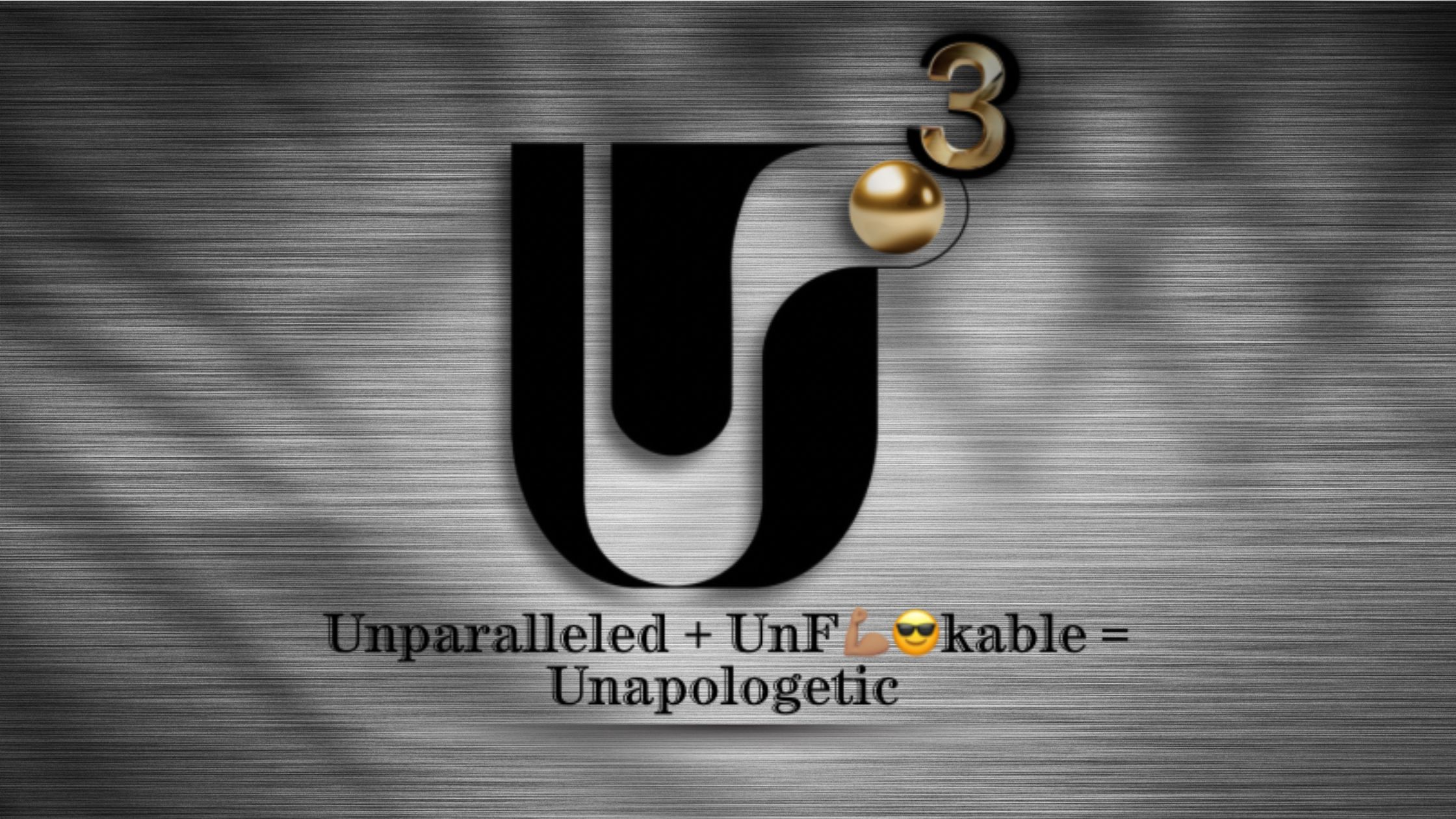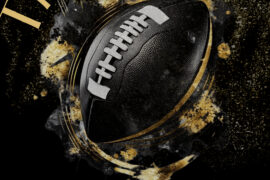In this chapter, I reflect on one of the most radical yet rewarding decisions I ever made—the decision to dig through the discarded corners of my own mind, my life, and the world around me to uncover the gold buried beneath what others ignored, rejected, or forgot. I didn’t have a map. I had a fire. I was broke, bruised, and boxed into limitations that seemed concrete. But I didn’t come here to stay small.
Dumpster diving—yes, you read that right—became my metaphor for radical transformation. But I wasn’t diving into trash bins behind grocery stores. I was dumpster diving through thoughts, through systems, through societal beliefs. I was scavenging in the alleyways of my own identity—sorting through everything I was told to throw away. Dreams too “wild.” Skills too “weird.” Ideas too “out there.” I stopped waiting for permission to be brilliant. I started reclaiming every part of myself that had been called “too much” or “not enough.”
What began as a desperate attempt to survive turned into a powerful awakening. I realized I could find value in what others dismissed. I could take the fragments and leftovers of old chapters and build a whole new story. When you don’t have money, you get creative. When you don’t have status, you find soul. And I had both in spades.
So I started dumpster diving—not in back alleys, but in backstories. In failed businesses. In broken friendships. In dusty notebooks and unopened files. I combed through what I once labeled as “mistakes” and mined them for strategy. I took forgotten notebooks filled with scribbled-down dreams and turned them into blueprints. I cleaned them off, reshaped them, and placed them on my altar of possibility.
That process taught me something sacred: nothing is ever wasted if you’re willing to revisit it with new eyes. Pain became power. Regret became redirection. Scraps became structure.
I remember repurposing everything. I took the fragments of old business ideas and fused them with new insights. I built programs from recycled genius. I stitched together discarded talent, creativity, and intuition—and the end result was nothing short of divine.

I started flipping mental furniture. Taking upcycled thoughts and building new perspectives. Some of my best digital art started with “junk”—a failed AI render, a color clash, a concept no one “got.” But I saw it. I saw me. So I brushed off the dust and turned it into brilliance.
I wasn’t just chasing success. I was becoming it. Quietly. Strategically. Patiently. I didn’t need to beg for validation. I needed to get comfortable with the uncomfortable. I needed to sit with my own shadow and rummage through every label, every stereotype, every lie I had internalized. I had to find myself beneath all of it.
Yes, people laughed. Yes, I got judged. But those same people now ask me how I did it.
I learned to tell the difference between trash and treasure. Between noise and note. Between shiny distractions and substance. Not everything broken is worthless. Not everything discarded is dead. I became a restoration artist of my own soul.
Through this process, I began seeing the entire world differently. I saw how often people throw away their ideas because they don’t shine on day one. How often women discard their power because it doesn’t look like the version they were taught to chase. How many of us toss away our stories because they feel messy or complicated.
Let me tell you something: there is genius in the mess.
Dumpster diving became my protest against perfectionism. My rebellion against capitalism’s constant urge to consume more, buy more, be more. Instead, I slowed down. I got still. I made art out of emotional scraps and turned scraps into sustenance.
I began to see stories in everything. In worn books with bent covers. In cracked voices full of truth. In overlooked talent. In half-finished poems I’d forgotten about years ago. I stopped measuring value the way the world told me to. I started measuring it based on impact, resonance, soul.
And it changed everything.
I found resilience in forgotten paragraphs. Confidence in my own reclaimed cadence. I started building a business out of my scars—not just what I learned, but what I unlearned. I realized that “raw” wasn’t a flaw—it was an origin story.
There were moments when I questioned myself. When fear tried to creep back in and tell me I was ridiculous. That I was wasting time. But I stayed in the trenches, elbows deep in my own rebirth. Because I knew what I was digging for. Not money. Not clout. I was diving for greatness. For peace. For alignment. For legacy.
There’s a quiet magic in turning nothing into something. It forces you to see through illusions. To recognize that many people don’t succeed because they’re not willing to be seen while they’re still in draft mode. I had to get comfortable being a work-in-progress in public. That’s real vulnerability.
I didn’t just build from scratch—I built from scraps. I became a curator of what others cast away.
And somewhere between the broken pieces and bold choices, I became whole.
The world we live in wants everything to look polished. Filtered. Packaged. But I promise you—your true power lives in the unfiltered version of your story. In the chapter you tried to hide. In the raw, radiant truth that you survived more than most people will ever understand.
That’s what Unfuckable is. It’s not just a brand or a title—it’s a declaration. A line in the sand. It means I’m no longer scared to dig deep. It means I’ll sit in the dark if it helps me find the light. It means I’m willing to do the gritty, unglamorous work that leads to glorious breakthroughs.
I’m not ashamed of where I started. I honor it. I bless it. I write about it.
So if you’re reading this and you feel like you’ve been thrown away by life—let this be your reminder that you’re not trash. You’re treasure. You’re a reclaimed masterpiece in the making.
May you find value in the wreckage. May you dive deep into your own discarded brilliance. And may you always remember: what you build from the bottom will never be shaken by what happens at the top.




